The popular Moog Werkstatt has evolved into the Mavis, a new semi-modular analog Synthesizer voice kit with more features and expanded sound, first look
The small Werkstatt Synthesizer from Moog is one of the most popular portable analog synthesizers. It offers a lot, sounds excellent, and is a lot of fun.
Moog has now expanded this DIY kit concept with Mavis. Werkstatt has evolved into a semi-modular Synthesizer with a rich patch bay and more.
Moog Mavis
Mavis is a new semi-modular patchable analog Synthesizer. Unlike the Werkstatt, it does not require a CV/Gate expansion. A mighty 24-point patch bay is integrated directly into the synth on the left side. And it is a very important part of the Mavis.
It features a full-range analog oscillator with saw and pulse waveforms and modulation options. Besides waveform mixing, you get pulse width modulation (PWM) with manual PW control and pitch modulation. Brand new for a Moog synth is the built-in wavefolder with which you can go behind traditional subtractive synthesis. That’s innovative for Moog and great to see. Important: it’s only available via the patch bay on the left side. So a lot to manipulate the oscillator.
Then, you get, of course, a -24dB Moog lowpass Ladder filter (VCF) with modulation options (envelope/LFO/source via patch pay) that gives you the classic filtering characteristics.
Rich Patch Bay
Modulation side, you get an audio-rate LFO and a 4-stage envelope generator (ADSR). Additionally, you can find a patchable sample and hold circuit in the patch bay. This circuit generates a random CV pattern that can be patched to modulate other parameters, including setting Mavis into a “random sequencing” mode of performance.
Further, there are other functions are also hidden in the patch bay. So you get an attenuator with manual control, offsets, a 1in/2out multiple, and a DC-coupled mixer. The latter is super useful for creative patching. For example, you can use the audio-rate oscillator as a second oscillator for Mavis. It can be played via CV/Gate (1v/oct) or directly via the tiny keyboard. There is no MIDI support, a strange decision in my opinion.
Moog ships the Mavis with a plastic case with which you can transform into a desktop Synthesizer. Plus you get a fitted protective cover for use during studio downtime or taking your instrument on the go.
First Look
The Moog Mavis is an exciting, compact Synthesizer for little money. Above all, the many clever patch options make the synth much more versatile than you might think at first. It’s nice to see that Moog builds a west-coast-like waveshaper into a Synthesizer. This is new territory for the developers from Ashville (US). Also a like for the option of mounting the Mavis as a synth voice into a Eurorack case.
So far I like the new Moog Synth very much. There are some criticisms, but more on that soon in the review.
Moog Mavis is available now for $349 USD worldwide.
More information here: Moog Music
Available at my partners

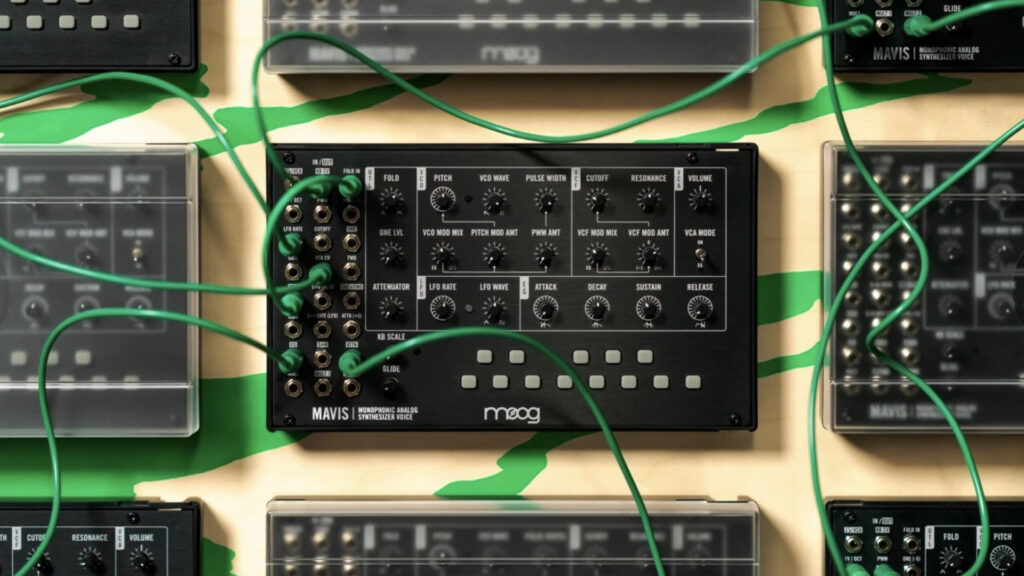
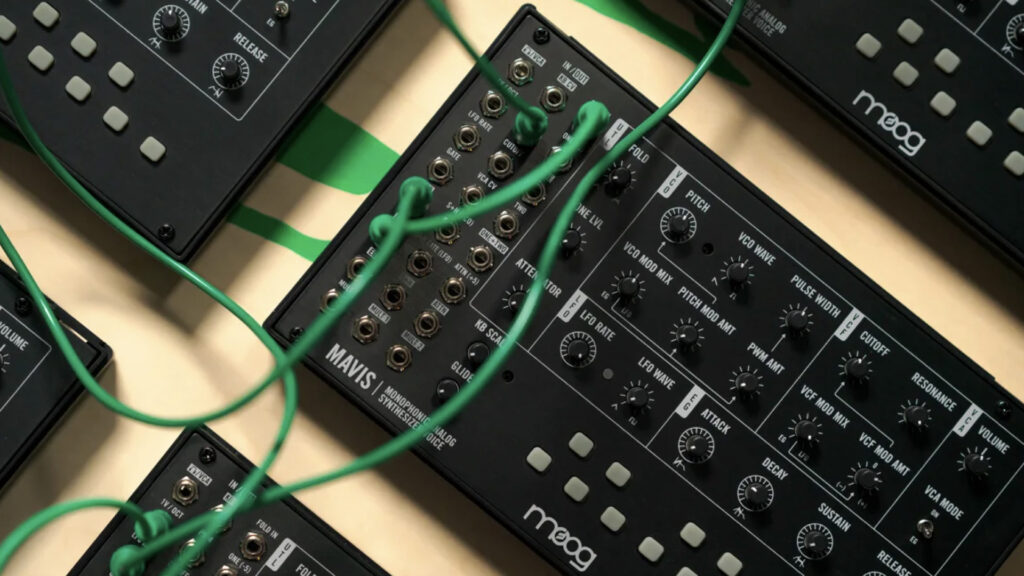
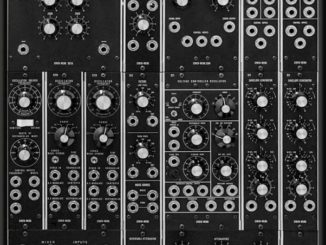
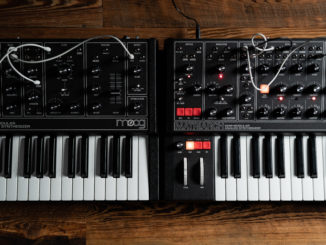
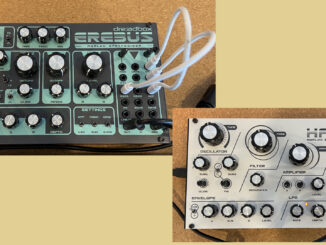
Worst name ever. Why not daughter, step-mom, cousin, lil-sister, sister, or anything else stupid that goes along with their current name scheme line-up that I don’t like but I own. Stupid names but they sound awesome! But Mavis? WTH?
I agree. I hate the names. I don’t want to own synths that remind me of old ladies. Not that there’s anything wrong with being one. (My mother is 90 this year.) I just know I would own a Matriarch if it was called something else. And I know it says more about me than about Moog.
I think Mavis is called that because it’s kinda sorta an acronym of the description – Monophonic Analog Synthesizer Voice.
And all the usual suspects got their free unit so they can all say how super-great it is on launch day.
Dont hate the player, hate the game. It’s called marketing.
Not hating on anyone. Just saying the flood of “influencer” videos on day one all pretending to be”reviews” is a bit tiresome.
if Moog asks you if you want to check out the synth, you will probably say no 😉
I’ll probably say: start paying your employees a living wage! 😉
It will obviously shock you to learn that not everyone can be bought off with a cheap synth.
Nice to see a product that looks interesting, is affordable but nah, no GAS activated.
should have been 40-42HP at most to fit two in a 19 inch rack. it could have also easily accommodated normal knobs. instead – worthless stick pots. I could have sold two m32’s and bought four of these, but they don’t fit. oh well.
My friend’s cat is named Mavis.